Out of nowhere, it seems, “the People” in Egypt have risen up against their long-time dictator, successor to a lineage of autocrats stretching back to the ancient pharoaohs. Appeal to “the people” to legitimate political power has a long history, beginning at least with the demos of ancient Greece and the populus of Rome. But it was John Locke, in 1690, who fostered the modern revolutionary appeal to the people with his Two Treatises on Government. Those treatises were written to attack Robert Filmer’s Patriarcha, which attempted to buttress the claims of England’s returning monarchy. Since Locke, genuine republican revolutions have always been a contest between “the People” and rule by monarchs, autocrats and dictators.
These revolutions fail to give birth to republican order when they simply change the costumes of autocracy, as in Russia, China, or Zimbabwe. Where the autocrat rules through extended family relations, including inheritance of rule, we see patriarchy in the form that Locke knew. When it is shorn of family and inheritance, as in many modern dictatorships, it replaces kinship with totalitarian control of the technology of governance and power.
Hosni Mubarak represents the patriarchal tradition of dictatorship, with its claim to know the people’s good and to be the rightful “father” to administer it. This image of rightful rule persists in Christian liturgical language extolling God as “Father” and “King.” It is not present in Islamic thought, which strictly excludes human imagery in its religious life. In this sense, Islam will have greater capacities to undergird democracy than has Christianity. In a sense, the “secular” revolutions in Tunisia and Egypt are very genuinely Islamic.
In its “pure” form a populist uprising has no leaders, no representative mechanisms, and no institutional structure. In Emile Durkheim’s words, it is a moment of “effervescence” in a society’s life, as if a bottle of champagne had suddenly been uncorked. In its first phase it must destroy the legitimacy of the autocratic regime (including its patriarchal claims). It then immediately must coalesce into local councils, communes, roundtables, and committees. This also has happened in Egypt. Finally, as Hannah Arendt pointed out in On Revolution, it must construct a Constitution to provide stable forms for “the People” to govern themselves in the long haul. This, too, cannot be handed down from the leadership but express the will of “the People.”
“The People,” like “the Church,” or “the Ummah” in Islam is a kind of mystical body that gains a life of its own. American history has been a continual struggle between those who wish to preserve this populist ferment (for example, today’s “Tea Party”) and those who seek the stability and matured wisdom of enduring constitutional forms controlled by a sophisticated elite. In our Republican Party we see the struggle between those who have reduced “the People” to a mere aggregation of individuals and those who still believe in “the People” as a mystical body from which springs authentic governance. The Supreme Court’s current interpretation of our Second Amendment is a clear example of taking the phrase “the right of the people to keep and bear arms” to mean “the right of every individual to keep and bear arms.” The former leads us to constitutional order, the latter to Somalia.
So, as we watch, cheer, and support Egypt’s heroic popular revolution, we must remember that it is rehearsing a drama we Americans have either forgotten or grossly misunderstood. I hope we can learn from them even as they have learned so much from us – and from a John Locke they have never read.

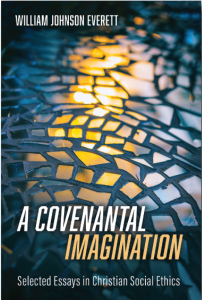
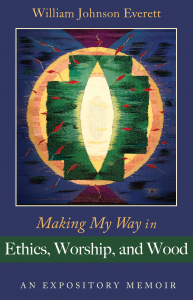
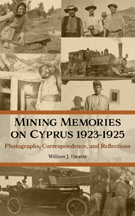
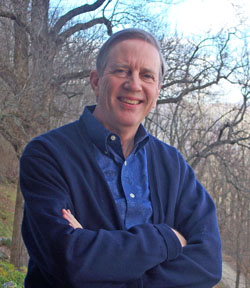
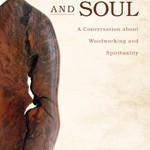
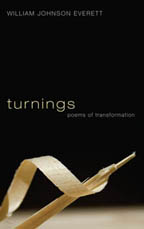
 Red Clay, Blood River
Red Clay, Blood River
Bill
Thank you very much for today’s blog. It shed a lot of light on a subject that I have no background in. I now have a better handle on the recent happenings in the Middle East.